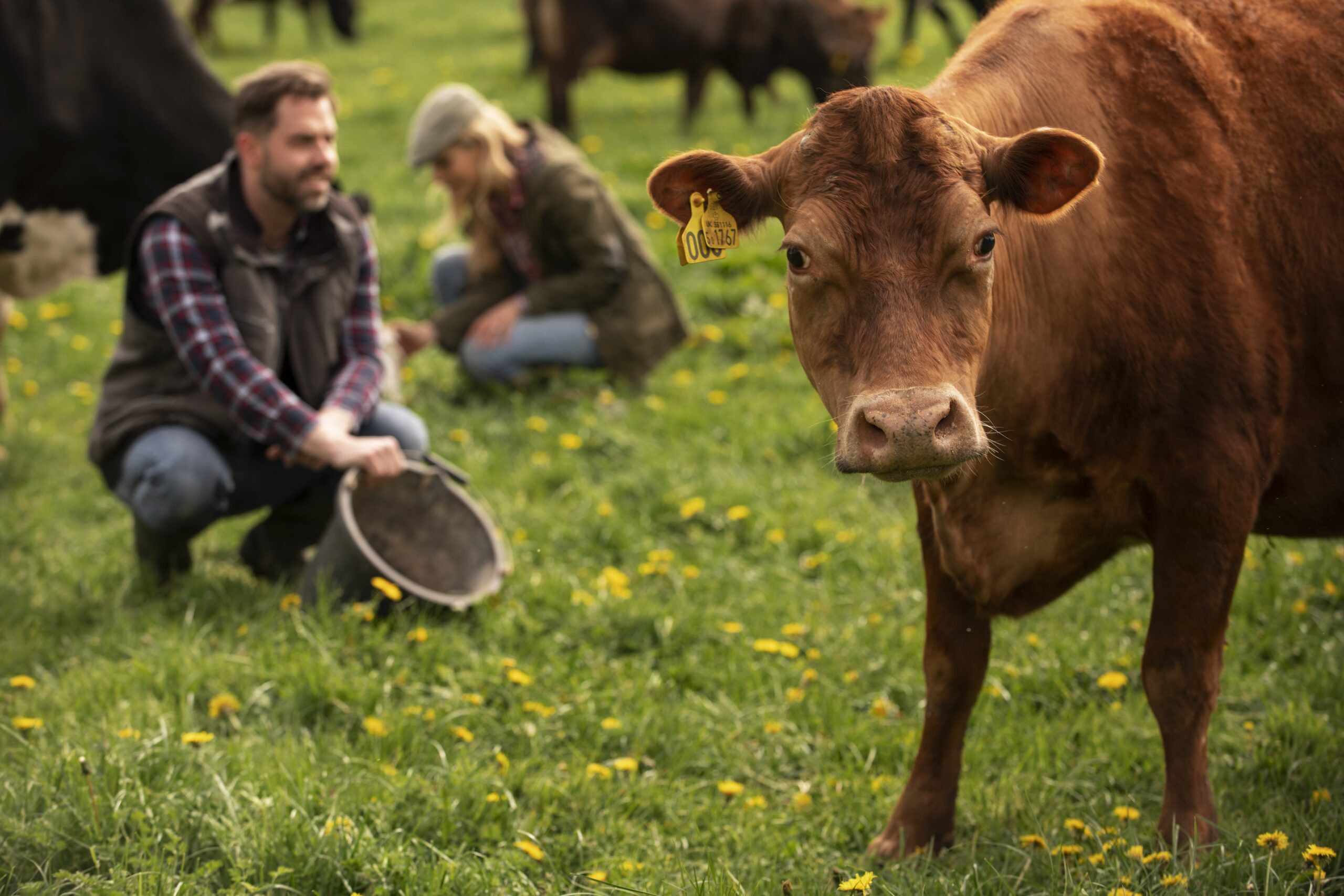Pioneering Innovative Financial Tools for Nature Protection

Over the shoulder view of and stock broker trading online while accepting orders by phone. Multiple computer screens ful of charts and data analyses in background.
Securing funding for biodiversity conservation requires innovative financial solutions beyond traditional grants and donations. BIO-CAPITAL’s Work Package 4 (WP4), led by GND, is developing investment models that make biodiversity protection economically viable.
Conserving nature is essential, yet securing the funds to protect and restore biodiversity remains a challenge. For too long, conservation has relied on government grants and donations, but these traditional funding sources are not enough to match the scale of biodiversity loss. If we want businesses and investors to take biodiversity seriously, we must rethink finance and develop tools that make nature-positive decisions economically rewarding.
Imagine a forestry company looking to manage its land more sustainably. Right now, their profits come primarily from harvesting timber, while biodiversity conservation remains an expense with little financial incentive. But what if they could issue Biodiversity Bonds, where investors provide funding for sustainable forest management and receive returns linked to conservation success? What if insurance providers offered reduced premiums to businesses that restore ecosystems, recognizing that healthy forests and wetlands reduce climate and disaster risks? These are not just theoretical ideas—they represent the future of conservation finance.
BIO-CAPITAL’s WP4: Creating Financial Innovations for Biodiversity
BIO-CAPITAL’s Work Package 4 (WP4) is leading this transformation by developing financial models that make biodiversity conservation a viable investment opportunity. Led by GND, the initiative brings together experts from across Europe, including 17S, Agrocasco, Agrosolutions, Aarhus University, ITASIF, JSC One, Westcountry Rivers Trust, Pratensis, ASOI, and ICEADR. The team will design and test financial mechanisms that mobilize private capital for biodiversity while ensuring fair returns for investors.
At the core of WP4’s work is the challenge of demonstrating how biodiversity can be integrated into financial decision-making. The team is developing models for Payments for Ecosystem Services (PES), ensuring that landowners and businesses receive financial rewards for improving biodiversity. They are also refining Triple Capital Accounting, a system that includes environmental and social benefits in corporate financial planning, allowing companies to recognize the true value of nature in their operations.
Another focus is on developing insurance and investment products that reduce financial risk for those who support biodiversity. This includes hybrid insurance schemes that lower premiums for companies restoring ecosystems and biodiversity bonds that channel investment into conservation projects. These mechanisms offer a crucial shift: instead of seeing conservation as a cost, businesses and investors can begin to see it as an opportunity for stable, long-term returns.
A Use Case in Action: Supporting Agroecological Practices in France
One of the most promising applications of WP4’s work is unfolding in France’s agricultural landscapes, where the transition to agroecological farming is gaining momentum. Conventional farming practices, often reliant on chemical inputs and intensive monocultures, have contributed to soil degradation, biodiversity loss, and declining pollinator populations. Yet, for many farmers, shifting to more sustainable practices comes with financial risks and uncertainty. WP4 is exploring how innovative financial tools can help bridge this gap and make biodiversity-friendly farming economically viable.
“The BIO-CAPITAL project is a unique opportunity to explore the adaptability and efficiency of financial mechanisms to enhance biodiversity on a large scale. By benchmarking different approaches, we aim to develop tailored financial solutions that can effectively guide the funding of sustainable agricultural practices throughout France and beyond.” – Alexandre Benoist, Agrosolutions
One potential solution is the introduction of Biodiversity Certificates, allowing businesses to invest in farms that commit to agroecological practices, such as crop diversification, cover cropping, and reduced pesticide use. These certificates would provide farmers with an additional revenue stream while giving companies a way to meet their biodiversity commitments. At the same time, the project is evaluating Payments for Ecosystem Services (PES) schemes that compensate farmers for maintaining hedgerows, wildflower strips, and healthy soils, which provide essential habitats for pollinators and other beneficial species. By aligning financial incentives with ecological restoration, these mechanisms aim to make agroecological farming in France a profitable and scalable model for the future of sustainable agriculture.
Making Biodiversity Finance Work for Investors and Nature
WP4 is setting out to prove that investing in biodiversity is not only possible but also profitable. By the end of the project, the team will have tested real-world financial models across different sectors, from agriculture to forestry. A customized business case in France will demonstrate how farmers can generate revenue from ecosystem services. In parallel, biodiversity-linked insurance schemes will be piloted to show how financial risk can be reduced for landowners embracing sustainable practices.
The ambition is clear: to create financial tools that set a new standard for biodiversity-friendly investments. By bridging the gap between conservation and capital, WP4 is ensuring that nature protection becomes more than just a noble cause—it becomes an integral part of a functioning, forward-thinking economy.

